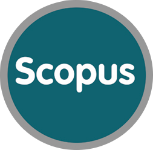Meet the team
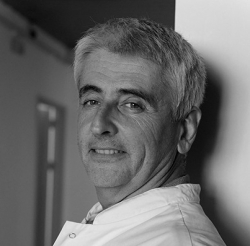
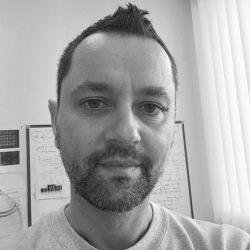
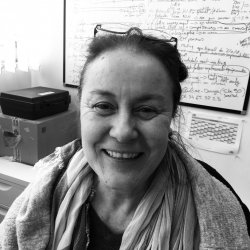
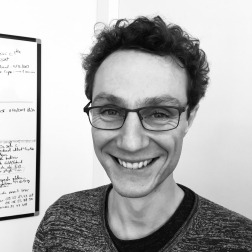
JEAN-CHRISTOPHE FRICAIN
PU-PH
He is an oral surgeon specialized in translational models for tissue engineering. He has directed several PhD on laser-assisted bioprinting for bone regeneration. From the years 2005, he participated in the first development of 3D bioprinting and was a pioneer in the field of in situ bioprinting. He is director of the ART BioPrint.
HUGO DE OLIVEIRA
IR2
Trained as a biochemist, he has developed several engineering strategies, at the interface between chemistry and biology, to tackle unsolved problems in the field of nanotechnology and tissue engineering. He applies this know-how for a wide range of bioprinting and biofabrication applications, from cancer biology to tissue engineering.
NATHALIE DUSSERRE
IR2
Passionate about the development and transfer of new technologies, Nathalie has managed R&D projects in industrial and academic settings. She oversaw cell-based product manufacturing and developed biofabrication processes and preclinical testing programs, in accordance with FDA, EMA, and international regulations. She is in charge of the ART cell team, manages the quality, and applies her knowledge to various projects. She enjoys bioprinting too!.
CHARLES HANDSCHIN
IR2
With a background in fundamental physics, he worked firstly in ultrafast laser physics (high harmonic generation). He changed to applied optics in the field of biomedical engineering where he developed different prototypes. Currently, he combines this know-how for applications using laser-assisted bioprinting and laser-induced ablation.
MARIE-LAURE STACHOWICZ
AI
With a background in the development of innovative molecular biology technique in the field of oncology, she decided to join the ART bioprint team . Integrated into ART’s Cell Biology pole, she divides her activity between the production and characterization of various cells used in printing projects (primary, tumor cell lines), and monitoring of post-printing models.
MALOU LEA
Tech
I pursued a Master’s degree in Biotechnology for Health in Grenoble and specialized in cell and gene therapies and tissue engineering.
I have gained skills in immunology and I also worked in the clinical research field as a clinical research associate.
Within the team I work in support of several ART projects and I mainly deal with cell culture and the maintenance of cell banks.
SHANE FENNEL
IE
After obtaining his bachelor's degree in Biosciences and Biopharmaceuticals at SETU in Ireland, Shane's passion for exploring new ways to improve human health led him to pursue a master's degree in Innovative Drugs at the University of Burgundy in Dijon. His commitment to health sciences has seen him engage in a variety of research projects across Ireland, France, and Germany, focusing on molecular biology, nanotechnology, and immunology. Currently, as part of the ART team, Shane is actively working on several projects, mainly involved in developing bioinks for innovative technologies, with the goal of revolutionising medical treatments to enhance human health.
THEO DESIGAUX
MD-Post Doc
Theo is a MD-Post Doc at Ecole de l'INSERM Liliane Bettencourt. He joined the team after a Master degree in Biomaterials. His project is a collaboration with Dr. François Paris that aims to create a breast cancer model by microextrusion to recapitulate the tumor and its vascular microenvironment for fundamental study and treatment testing.
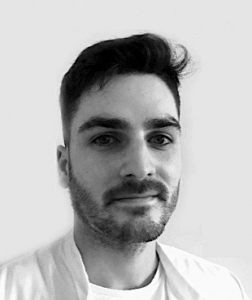
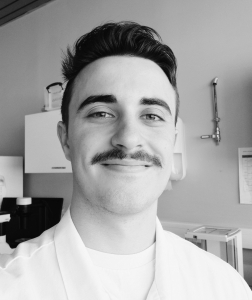
AURÉLIEN MAZET
PhD Student
Aurélien is a PhD student who joined the team in October 2022. After a Master's degree in innovative therapies and tissue engineering in Grenoble, he is now interested in the application of bioprinting in research. His project aims to develop initiation models of pancreatic cancer in order to better diagnose and understand it.
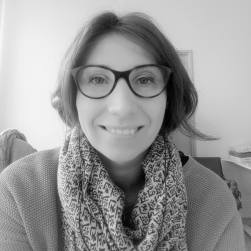
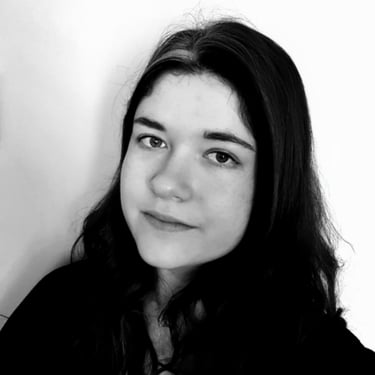
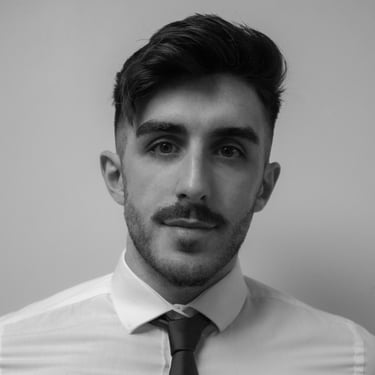
HO ©2024
ARTBioprint





